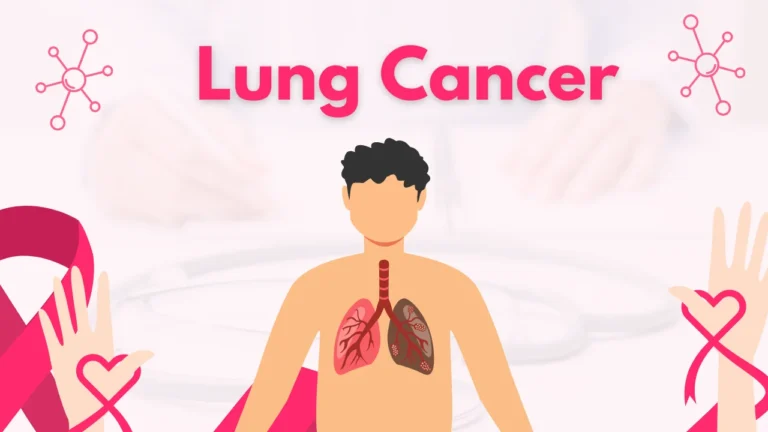Uterine Cancer: Causes, Symptoms, and Treatment
Uterine Cancer: Causes, Symptoms, and Treatment
What is Uterine Cancer?
Uterine cancer, also known as endometrial cancer, is a type of cancer that begins in the uterus, the organ where fetal development occurs. It primarily affects the lining of the uterus (endometrium) and is one of the most common gynecological cancers.
Causes of Uterine Cancer
The exact cause of uterine cancer is unknown, but several risk factors can increase the likelihood of developing it, including:
- Hormonal imbalances (excess estrogen without progesterone)
- Obesity, which affects hormone levels
- High blood sugar and diabetes
- Family history of uterine or ovarian cancer
- Use of estrogen-only hormone replacement therapy
- Polycystic ovary syndrome (PCOS)
- Late menopause or early menstruation
Common Symptoms of Uterine Cancer
Uterine cancer often presents symptoms in its early stages, such as:
✔️ Abnormal vaginal bleeding (between periods or after menopause)
✔️ Pelvic pain or pressure
✔️ Unusual vaginal discharge
✔️ Pain during intercourse
✔️ Unexplained weight loss
✔️ Fatigue or weakness
Types of Uterine Cancer
There are two main types:
🔹 Endometrial Cancer – The most common type, affecting the uterine lining
🔹 Uterine Sarcoma – A rarer and more aggressive form that develops in the muscle or connective tissue of the uterus
Diagnosis and Treatment
- Diagnosis: Uterine cancer is diagnosed through pelvic exams, ultrasounds, biopsies, and imaging tests like MRIs or CT scans.
- Treatment Options: Treatment depends on the stage and type of cancer. Common treatments include:
- Surgery (hysterectomy) to remove the uterus
- Radiation therapy
- Hormone therapy
- Chemotherapy
- Immunotherapy for advanced cases
Prevention and Early Detection
- Maintaining a healthy weight and balanced diet
- Managing hormone levels through lifestyle and medical interventions
- Regular screenings and gynecological checkups for early detection
Important Note:
This information is for educational purposes only. Always consult a healthcare professional for proper diagnosis and treatment.



